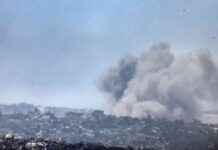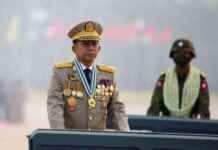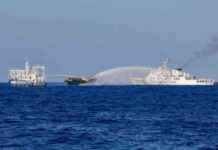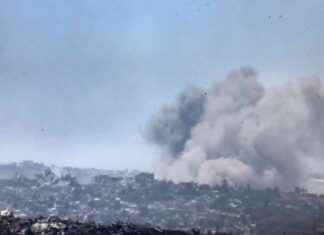Assad’s Reign Comes to an End
In a stunning turn of events, Syrian President Bashar al-Assad’s brutal regime has met its demise at the hands of rebel forces. The once-powerful leader, who inherited the presidency in 2000 with promises of reform, faced mounting opposition that culminated in a lightning rebel advance that ousted him from power. Reports indicate that Assad fled Damascus as Islamist-led opposition forces entered the capital, marking the end of his family’s rule that spanned over half a century.
Unraveling Assad’s Legacy
Bashar al-Assad, born in 1965 to a political family with roots in the minority Alawite sect, took over the authoritarian government at a young age, pledging to usher in a new era of reform and liberalization. Despite initial optimism during his rule, Assad’s heavy-handed tactics in response to pro-democracy movements led to a violent civil war that claimed hundreds of thousands of lives and displaced millions of Syrians.
The Human Side of Assad
Amidst the political turmoil, Assad’s personal life offered a glimpse into a different side of the ruthless dictator. His marriage to Asma al-Akhras, a Sunni Muslim, and their three children portrayed a family man devoted to his loved ones. Asma’s advocacy for women’s rights and education highlighted a softer image of the Assad family, contrasting with the atrocities committed during the Syrian war.
Implications of Assad’s Downfall
As Assad’s rule crumbled, the geopolitical landscape in the Middle East shifted dramatically. Iran, Russia, and Hezbollah, Assad’s staunch allies, faced setbacks in their regional influence with his downfall. The end of Assad’s regime also signaled a significant blow to Tehran’s power in the region, impacting neighboring countries like Lebanon that held Assad accountable for supporting Hezbollah.
As Syria grapples with the aftermath of Assad’s rule, the country faces a daunting path to recovery from a devastating civil war that left hundreds of thousands dead and displaced millions. The international community closely monitors the situation, with hopes for a more stable and peaceful future for the war-torn nation.
























